10 Dog Owners Share Stories About How Their Pets Grieved After Losing Their Canine Companion
When it comes to the loss of a companion, dogs are much like humans. They may not grieve for years as some of us do, but they exhibit certain behaviors that clearly indicate they are experiencing a profound sense of absence and longing.
Understanding how dogs grieve offers insights into their emotional world. Barbara J. King, an anthropology professor, explores canine grief in her work, including her book "How Animals Grieve."
Dogs may exhibit behavioral changes after the loss of a companion, such as social withdrawal, decreased appetite, or vocalizations indicating stress. While we can't fully grasp their understanding of death, observing these behaviors highlights the depth of their emotional connection.
These behavioral changes, as observed by King, provide us with insights into the depth of emotion and connection that dogs can feel. The bond between canine companions runs deep, and when one passes away, it can profoundly impact the emotional well-being of the remaining dog.
Their reactions reflect a form of grieving that, while different from human grief, is nevertheless poignant and significant. These observations by King have also been witnessed by other dog owners.
Over at Quora, someone asked this question:
Is it normal for a dog to grieve after another dog is gone?
Dog owners responded that it's normal and began sharing stories about the changes in their pets' behavior after losing their canine friends.
1. A dog owner believes that canines also treat each other like family.
I believe it is. Dogs are like family members to us, as well as to each other.
I know that when I was away on a trip and then returned, my dog seemed depressed—not acting normally, etc. I realized it was more of an emotional reaction than a physical one.
Perhaps she felt abandoned, even though she was well cared for in my absence. I would strongly suspect it would be the same for a dog that has been used to sharing its life with another; the absence of that “family member” would surely be felt by the remaining dog.
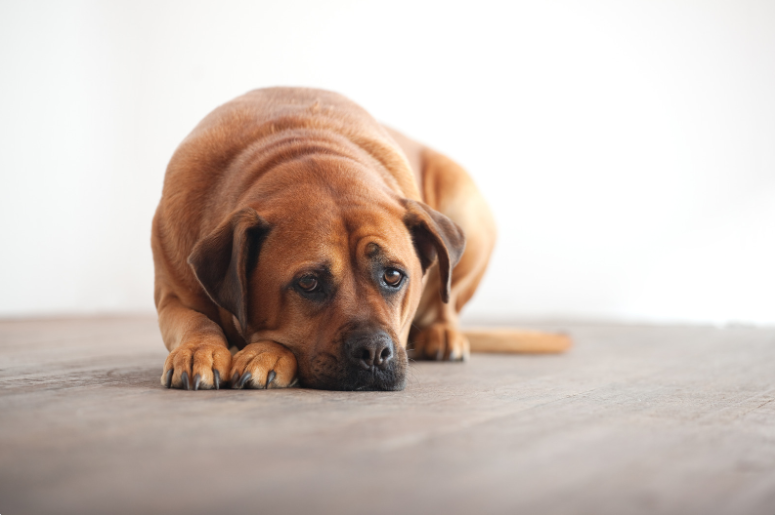
2. Dog howls in grief.
Of course. Last February, my Best Boy Ever had to be euthanized because of cancer.
I was so involved in my own grief that I never thought about helping my other dog through it. They had been buddies for nine years, always together.
My (now solo) dog didn't get much of my attention, but that first night, for the first time ever, he howled in his sleep. He has howled occasionally to this day.
It's such a mournful, lonesome sound, and I know just how he feels. I want to howl too.
(We do have another dog now, and she is lovely. He plays with her, but that doesn't take away the loss.)
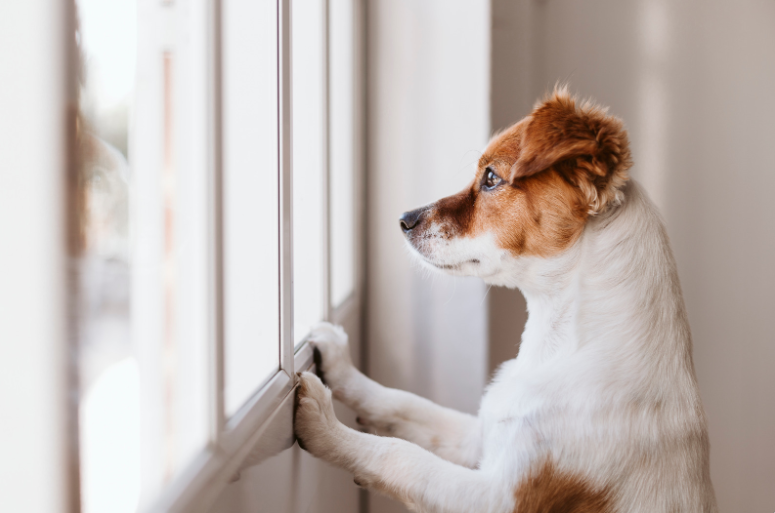
3. Broken heart syndrome
I had two female Pomeranians. They were a mother (13 years old) and her daughter (6 years old).
Snuggles, the mom, passed away on Thursday. Her daughter, Twinkie, had trouble breathing.
I immediately dropped everything and raced to the vet hospital, taking about 10 minutes from notice to the vet the very next Tuesday. Unfortunately, she passed away within half an hour of arriving.
In tears, I asked the vet, “Why?”
She shrugged and simply said, “We call it broken heart syndrome.”
I waited several years to get two more Pomeranians because I couldn’t bear the heartbreak. This time, they were a gorgeous Black and Tan male and his littermate, a beautiful Blue female.
I had them for almost nine years, but Basil became ill with heart failure. He died in my arms at the vet’s office.
We took especially good care of Bella because of the situation with Snuggles and Twinkie. She would look for him all over the house.
When we went outside to walk or go potty, Bella would call for her brother. It was a special warble they used to communicate with each other.
I played with her and let her sit on my lap as often as she wished, but she wanted to sit and look out the window, waiting for Basil to come home. Finally, after eight months, she passed away at home.
Yes, I KNOW dogs know and grieve just like people.

4. Dogs also lose their appetite when mourning over the loss of their best buddy.
Yes, mine didn’t eat well for a month—kept looking for his lost buddy.
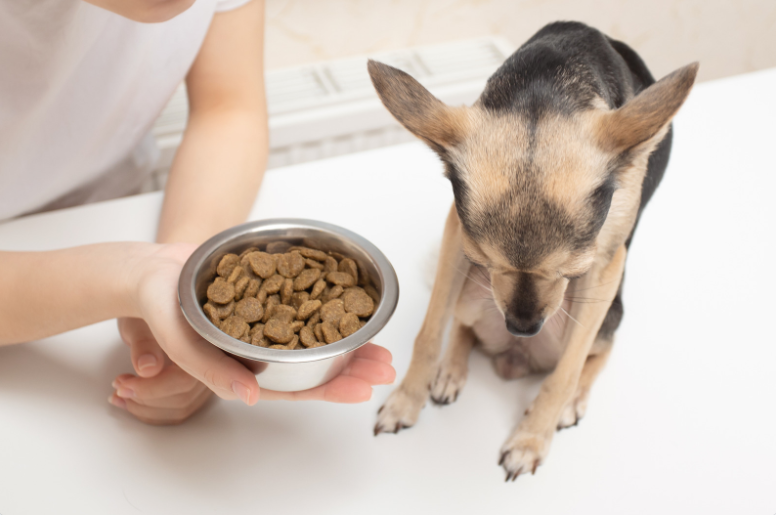
5. User points out how humans and dogs differ when it comes to loss.
Very much. They both grieve and absorb the death, but they do it on a very different level than humans.
There is not a connection or recollection of time and memories with the dog. It is more basic and energetic. A life has left; an energy is gone.
I believe it comes down to fear and the unknown. A dog accepts the absence of energy and does not fear it, while most humans are just the opposite.
Families collapse, packs survive, and the fear of hell or the unknown for humans permeates everything in the end.
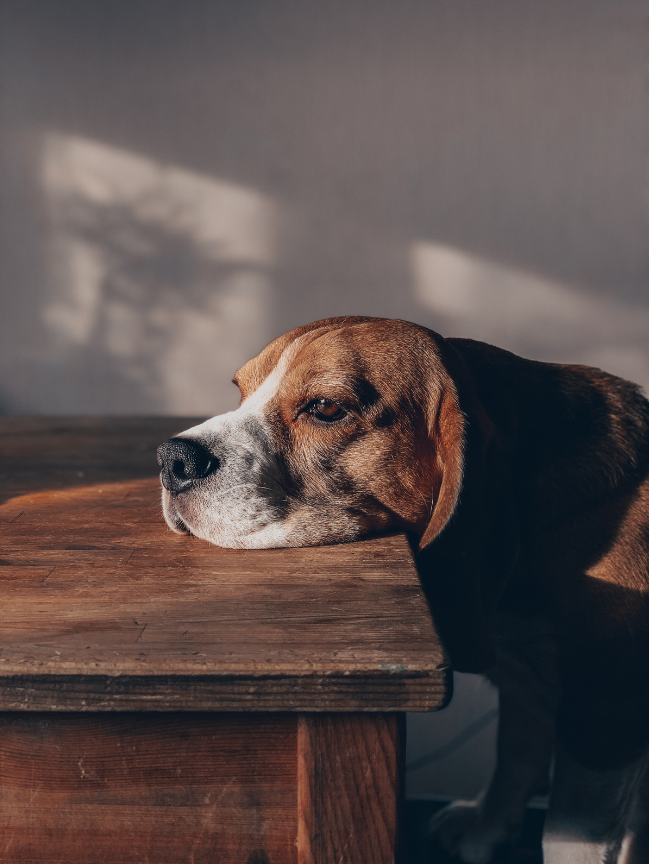
6. How long dogs grieve over a loss.
YES. I've owned more than 15 dogs in my life, and when a dog dies, my other dogs obviously miss that dog.
Sometimes for weeks, and sometimes for multiple months.
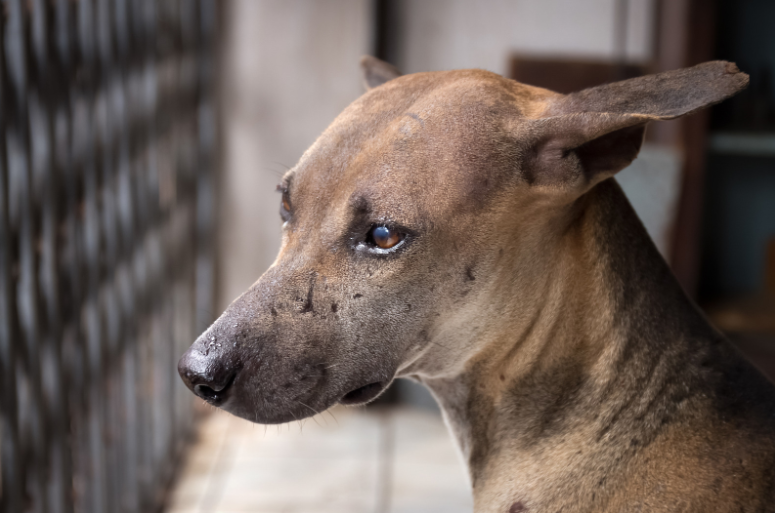
7. Nobody can replace her BFF.
Absolutely! We had a dog that seemed very depressed after her best buddy died.
She changed from a playful girl to an older, less active dog overnight. She was a 10-year-old medium-sized dog, a husky/sheltie cross.
We thought getting a puppy might cheer her up, but she was just “don’t bug me, kid.” She got a little better but was never the same after our boxer passed.
She loved him so much. She had a very special relationship with him.
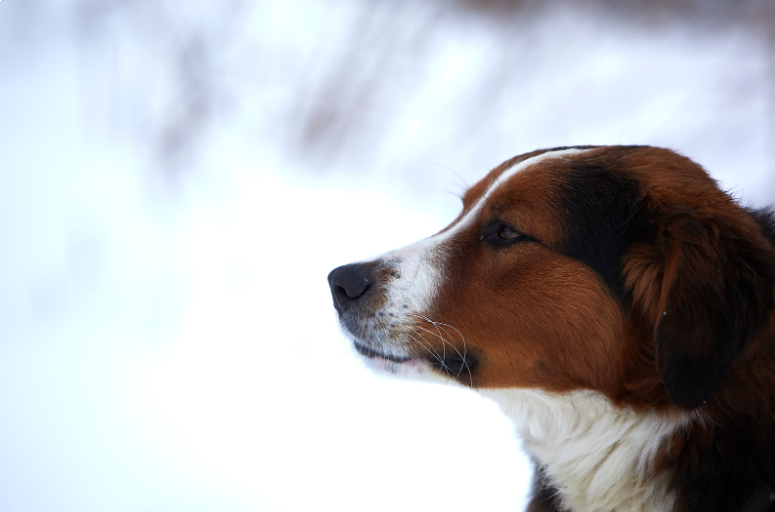
8. Dogs get sad even for a buddy that's outside the family.
My girlfriend brought home a pit bull about seven months ago. She stays out for hours on sunny days; my chihuahuas are definitely indoor dogs, but they walk around sad when the pit bull is outside. So yes, dogs grieve for a lost partner, whether it's a human or another pet.
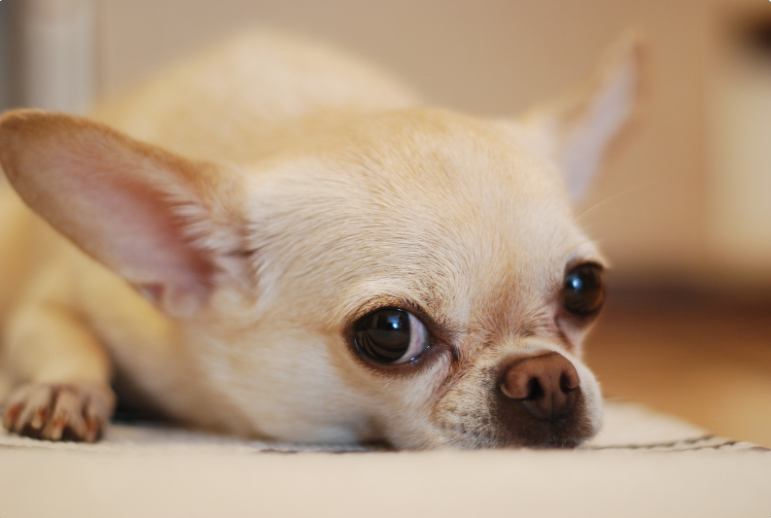
9. Dogs generally grieve shorter than humans.
It would be abnormal if they DIDN'T. Fortunately for them, the mourning period seems to be relatively brief—not like humans, who can wallow sometimes for YEARS, as my mom did.
It took its toll on HER health.
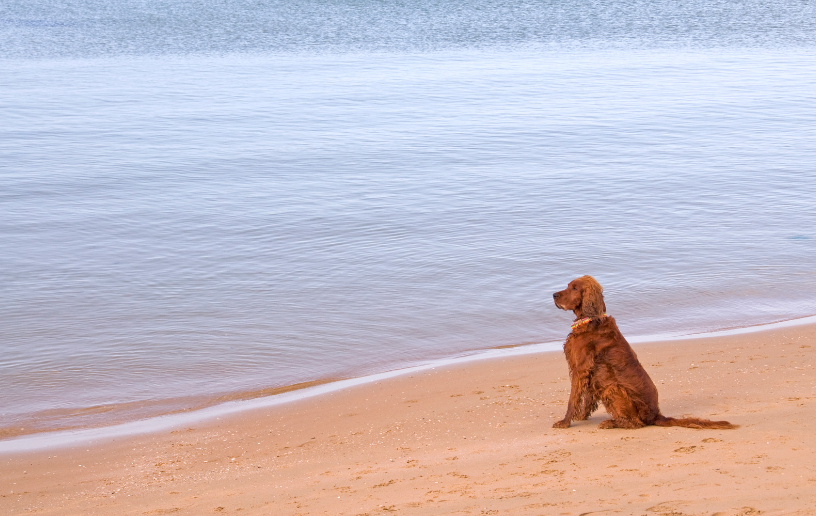
10. Dogs look for their buddy that left them.
Oh yes. Dogs grieve and often look for the dog that is gone.
Cats grieve as well. It would probably help if you adopted a new dog companion.
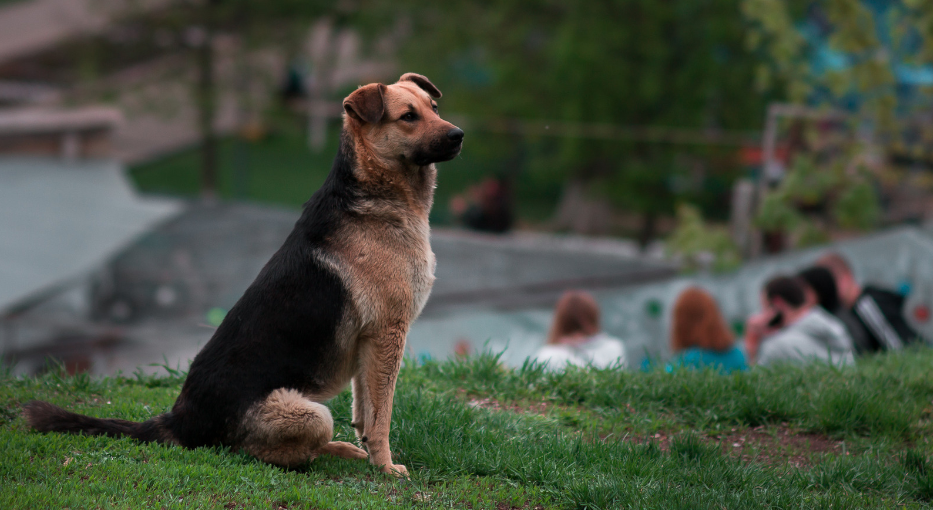
It is indeed normal for dogs to feel sad when their best friend is gone. Although their grieving period doesn't last for years, it's apparent how much they love their buddy through the behavioral changes they display.
Dogs may find solace in the support and comfort provided by their human companions during these challenging times.



